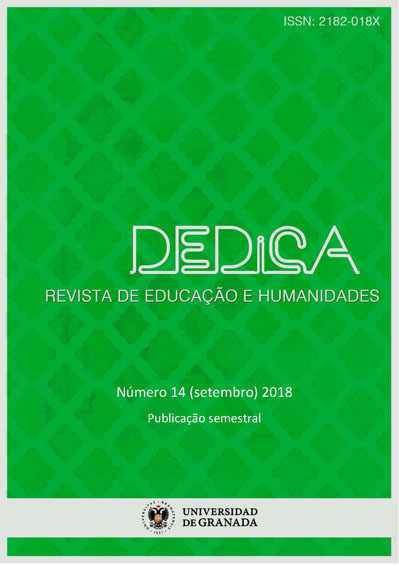Health knowledge and blood pressure control in special populations: the case of children/ adolescents and the elderly
Main Article Content
Abstract
An understanding of the factors that modulate health and well-being constitutes a critical aspect for the preservation of the good functioning of the human body. Considering the demographic challenge posed by population ageing, the adoption of a lifelong health preservation strategy is assumed to be essential, incorporating health literacy as an essential strategic component of health policies. Some studies have focused on the importance of health education in promoting a healthier cardiovascular system, focusing, among other aspects, on the ecological effect of greater knowledge on health over the blood pressure profile. Given this circumstance, two studies were carried out to identify the benefits of a health education program on blood pressure in two special populations: children/adolescents and the elderly. Two cohorts were included: cohort A - children/adolescents (ages 5 to 17 years at inclusion date); Cohort B - elderly (ages 65-90 years at inclusion date). Cohort A consisted of 3550 families and a cohort B of 45 elderly. In both studies, the experimental design involved a baseline cardiovascular evaluation, followed by a structured and individualized health education program, focusing on the health promotion factors adjusted for each type of population, and reassessing the cardiovascular profile in annual follow-up visits. On follow-up of Cohort A, a group of families reported having adjusted their life behaviors following the educational intervention (active group: n = 1150), contrasting with others who reported not having made major adjustments (control group: n = 2400). The longitudinal trends for blood pressure followed a different trajectory, with a reduction of 1.43 mmHg in systolic pressure and 0.63 mmHg in diastolic pressure only in the active group, which maintained a difference in the order of 1.71 mmHg for systolic pressure and 0.59 mmHg for diastolic pressure compared with the control group after 2 years of follow-up. In cohort B, the intervention was also accompanied by a significant reduction of blood pressure and a significant increase in the percentage of controlled hypertensive elderly patients, rising from 51.2% (baseline) to 74.4% (post-intervention), as a result of a significant increase in the adherence to therapy following the education program (adherence to treatment increased from 11.6% to 79.1%, p <0.05).
The results robustly demonstrate the benefits and complementary efficacy of health education in the adjustment of blood pressure trajectories throughout life, to levels that are biologically more beneficial to the individual. It is also clear that a structured intervention in early stages can lead to long-term health gains, adding importance to health literacy as a component to be considered in primary prevention strategies, for the promotion of active and healthy aging.



